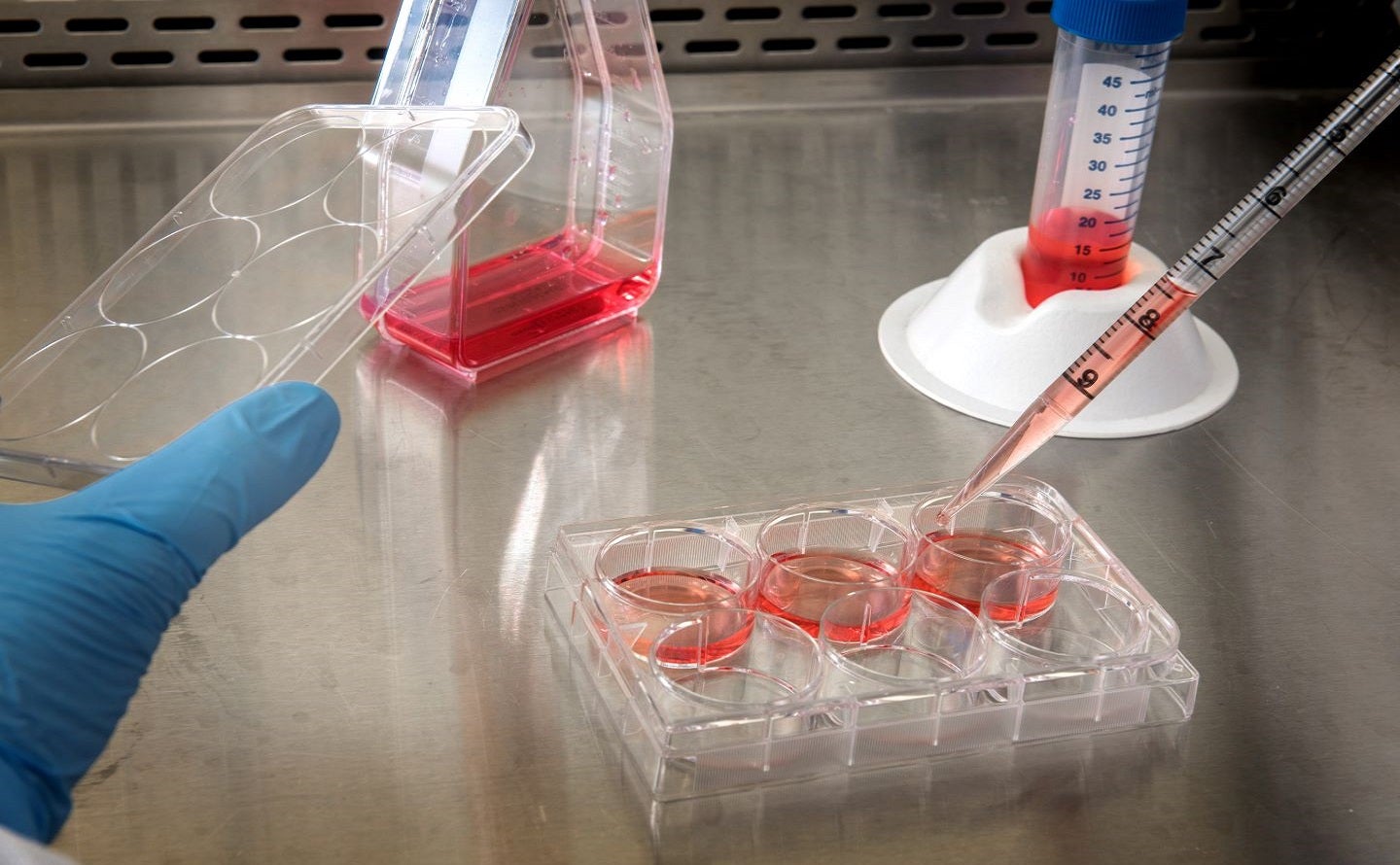
Technology company Tempus has introduced the new circulating tumour DNA (ctDNA) assay, xF Monitor, to be used only for research purposes.
The test is intended for detecting and monitoring changes in the circulating tumour fraction to determine early response to immunotherapy in advanced cancer patients.

Discover B2B Marketing That Performs
Combine business intelligence and editorial excellence to reach engaged professionals across 36 leading media platforms.
It is now accessible exclusively for research purposes for xF 105-gene and xF+ 523-gene liquid assays.
Using diverse genomic events, dynamically weighting somatic variant allele frequencies and copy number variants, the test measures quantitative molecular changes in the ctDNA tumour fraction.
It utilises germline information to inform these estimates.
The algorithm that powers xF Monitor, xF ctDNA tumour fraction, uses several single input models and weights their significance based on observed failure modes in the multimodal database of Tempus.

US Tariffs are shifting - will you react or anticipate?
Don’t let policy changes catch you off guard. Stay proactive with real-time data and expert analysis.
By GlobalDataTempus chief scientific officer Kate Sasser said: “We are excited to add the xF Monitor assay to our comprehensive suite of precision medicine offerings here at Tempus. There has been tremendous progress in the utilisation of ctDNA for monitoring patient response to treatment, especially for immunotherapy.
“We are looking forward to bringing our xF Monitor assay forward as a diagnostic tool to help biopharma develop innovative medicines and physicians to tailor therapies for patients.”
The company will exhibit the xF Monitor assay at the Society for Immunotherapy of Cancer’s 38th Annual Meeting.
In July 2023, Tempus and TScan Therapeutics announced a collaboration for the development of a new companion diagnostic (CDx) test.





